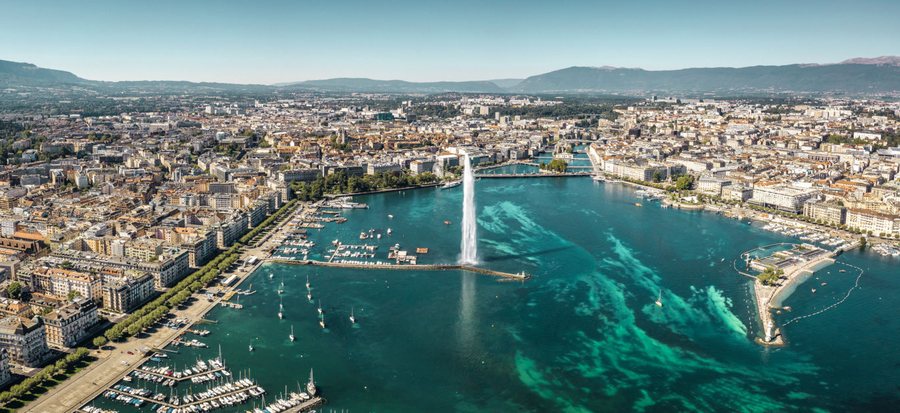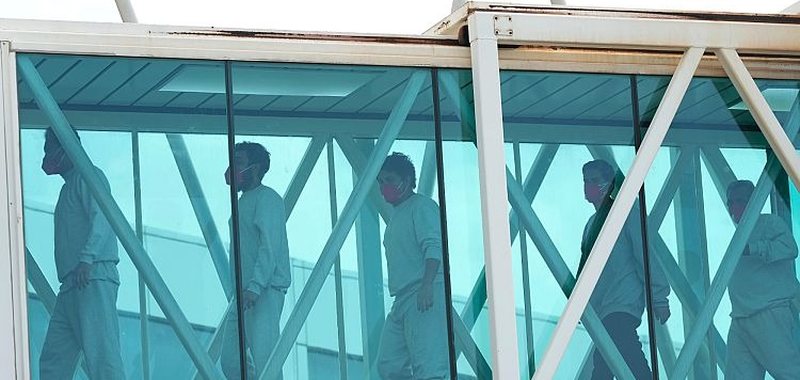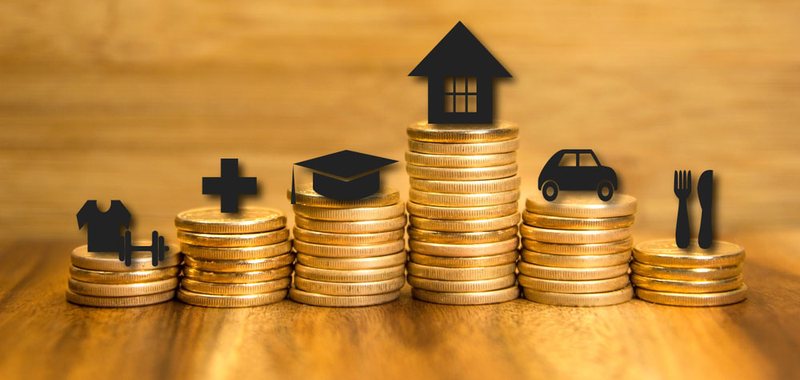Tax havens/ In which European countries do the rich benefit from the most tax breaks?

European governments are facing budget constraints. Weak growth, trade shocks and an aging population continue to strain public coffers, while countries are also scrambling to increase defense spending. Against this backdrop, European countries are competing to attract and retain the wealthy, eager for investment and the tax revenues they can bring.
Ital
Italy is a popular destination for expats not only for its culture and climate, but also because of its tax breaks. At first glance, the country has relatively high taxes on personal and corporate income, although there are tax incentives available to foreigners.
One of the most well-known is its flat tax regime, which allows wealthy individuals to pay a fixed amount on all foreign-sourced income. This is regardless of the amount earned. The annual flat rate was recently increased to €200,000, from €100,000 previously. The benefit is available for up to 15 years and is also only open to those who have not been tax residents in Italy for at least 9 of the last 10 years. Given the cost of the flat tax, it is only interesting for individuals with very high net worth.
Switzerland
Switzerland also has a type of lump sum scheme (forfait fiscal), although the Swiss state claimed last year that less than 0.1% of its taxpayers were charged using this method. The way it works is that, instead of collecting fees based on income or wealth, some Swiss regions calculate a rate based on an individual’s expenses. While the lump sum scheme may be attractive to the super-rich, the state has set a minimum tax base.
This is the higher of two figures: either seven times your annual rent or the rental value of your main property, or higher than CHF 429,100 (around €455,000) - as of 2024. These thresholds apply at the federal level, although specific regions may increase the minimum amount.
You are eligible for the tax-free advance payment if you do not have Swiss citizenship and are coming to live in the country for the first time - or after an absence of 10 years or more. Beneficiaries are also prohibited from taking up employment or running a business in Switzerland. This means that the scheme is aimed at attracting a small number of wealthy immigrants who have passive income.
Portugal
Tax benefits have become a controversial topic in Portugal due to the high cost of living, which has been driven in part by the arrival of wealthy foreigners. However, after reducing the benefits in 2023, the Portuguese government has now reinstated tax breaks for expatriates (Non-Ordinary Residence 2.0).
In particular, this attracted a large number of retirees, who decided to move to Portugal and not pay income tax on their foreign pension income. For those who generated income in Portugal, specific activities were taxed at a favorable rate of 20%.
In addition to annoying locals, the NHR system drew criticism from Nordic countries, which were witnessing an exodus of their elderly citizens. Finland and Sweden made formal requests to change their double tax treaty rules with Portugal.
This would allow them to levy taxes on the pensions of their migrant workers. In response to pressure, Portugal has now changed its tax breaks to focus on educated people who can truly contribute to the Portuguese economy.
Under the NHR 2.0 rules, qualified professionals can secure a personal income tax rate of 20% for 10 consecutive years, along with tax relief on certain sources of foreign income. Foreign pensions are exempt from this exemption, meaning they are fully taxable at standard rates.
Fictitious (shell) company
Another way wealthy individuals can enjoy low effective tax rates is through the use of shell companies, according to the EU Tax Observatory. The body notes that these firms are “in a grey area between avoidance and evasion” in the sense that they are designed to avoid income tax.
Individuals who shelter assets in this way decide to place their wealth in the name of a company they control, rather than classifying it as personal income. A key feature of a shell company is that it has no active business operations.

The US Dollar Weakens Again - What Happened in the Foreign Exchange Market Today?
The US dollar has recorded another decline in value this morning after a slight recovery yesterday, being bought at 85.6 lek and sold at 87 lek according to......

“Global growth to slow in 2024” - UN report warns of economic challenges and risks of “AI”
Progress in global development slowed in 2024, raising concerns that achievements in recent years may be eroding, according to a new UN report. The annual......

$1,000 to leave the US - How is Trump trying to fight illegal immigrants?!
US President Donald Trump's administration said on Monday it would pay illegal immigrants $1,000 (880 euros) to voluntarily return to their countries of......

Super May at DigitAlb. Sports, adrenaline and super offers
May is the month of crowning the champions of the most prestigious leagues in Europe. The most elite football championships have entered the most defining......

Trump boosts US drug production - Decision eases process for locals, increases inspections for other countries
US President Donald Trump signed an executive order to boost the production of prescription drugs in the US, paving the way for pharmaceutical companies to......

Where are the 21 thousand undistributed electoral envelopes? - Chief Commissioner Celibashi, appeal to diaspora emigrants to vote
Today will be the deadline for all Albanian citizens working and living on the Greek islands, who must return their ballot envelopes to postal service......

"Giro d'Italia 2025" blocks traffic - Police: Traffic and parking ban from May 8-11, including Tirana, Durrës and Vlora
The development of the "Giro d'Italia 2025" cycling race in Albania will result in traffic jams and parking bans on the 8th, 9th, 10th and 11th in Tirana,......

How much can Albanian families afford to borrow? - BoS: In most cases, installment payments account for less than 30% of income
In the second half of 2024, the repayment of loan installments has not weighed heavily on the pockets of Albanian families. According to the latest survey of......


















